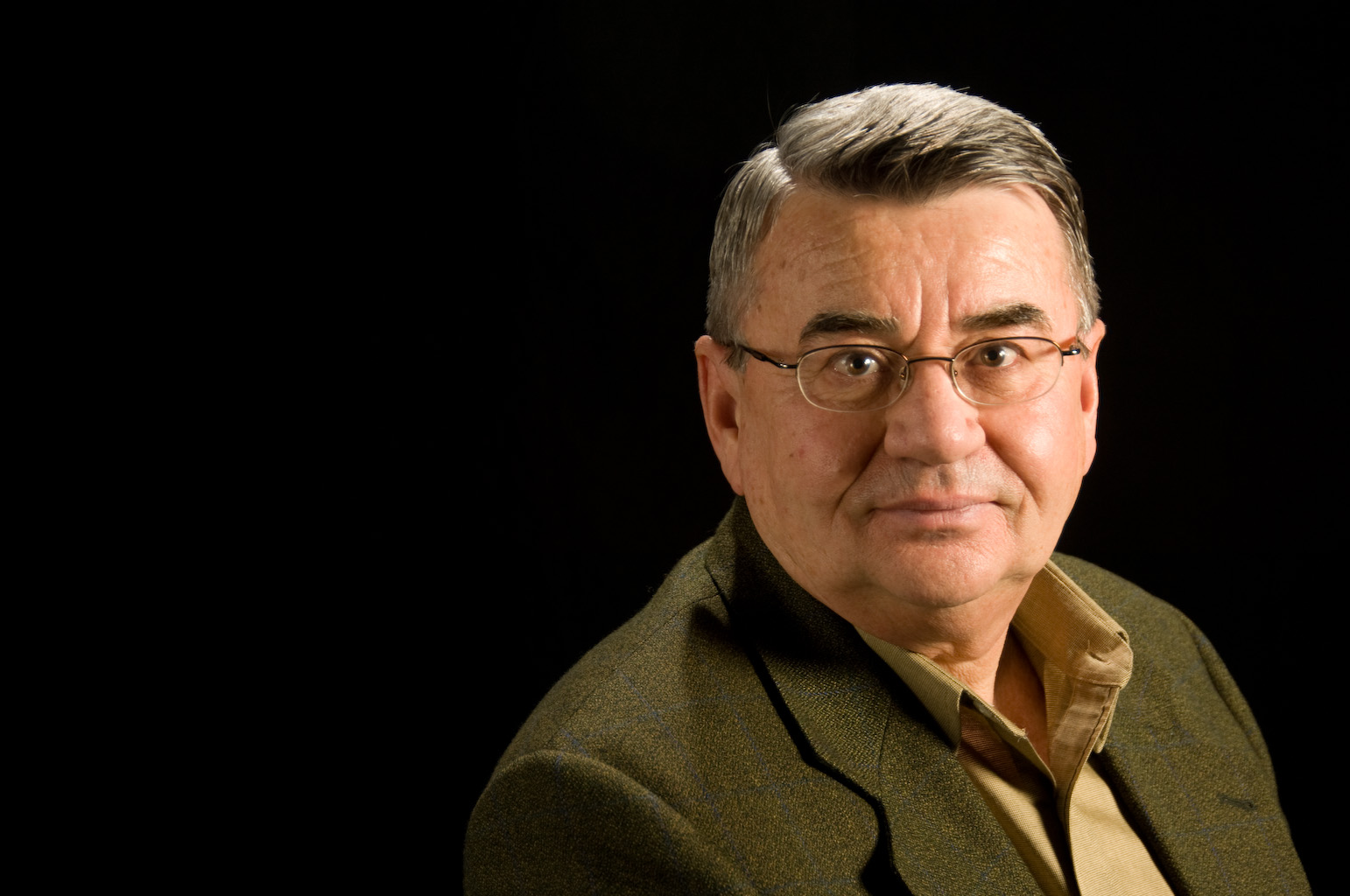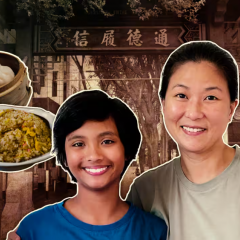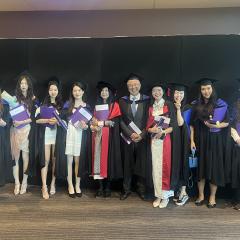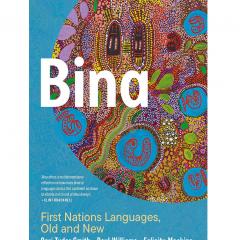The School of Languages and Cultures was delighted to welcome Professor Istvan Kecskes from the State University of New York to deliver a public lecture titled, Deliberate Creativity in English as a Lingua Franca.
Abstract
Language use in any human language is about the alternation of formulaic and creative chunks of language in speech production. The presentation argues that this alternation is crucial for English as a Lingua Franca because this is where the main difference between English as a Native Language use and ELF use can be identified. Since ELF users cannot rely on the norms, standards and conventions of ENL as native speakers do, they need to co-construct, co-create those in their temporary speech communities. As a consequence, ELF users are supposed to produce more ad hoc generated language than rely on prefabricated units when creating utterances than their ENL counterparts. However, this only seems to be like this, because in fact ELF speakers produce not less formulaic language than their ENL counterparts but sometimes even more.
This seemingly contradictory fact can be explained by a process I call “deliberate creativity” (Kecskes 2016), which is used to create and/or co-construct temporary formulas from scratch which either resemble L2 (English) formulas (“we shouldn’t wake up any dogs") or L1 (speaker’s L1) formulas (“hungry like a church mouse”) or are just the result of temporary communicative extension of the system (“in making food there was no one on top of her”). It will be argued and demonstrated that deliberate creativity in ELF is a compensation for limited access to prefabricated units in the target language.
Presenter
 Istvan Kecskes is Distinguished Professor of the State University of New York, USA. He teaches graduate courses in pragmatics, second language acquisition and bilingualism at SUNY, Albany. Professor Kecskes is the President of the American Pragmatics Association (AMPRA) and the CASLAR (Chinese as a Second Language Research) Association, the founder and co-director of the “Barcelona Summer School on Bi- and Multilingualism”, and the founder and co-director of “Sorbonne, Paris – SUNY, Albany Graduate Student Symposium”. He is the founding editor of the linguistics journal Intercultural Pragmatics and the Mouton Series in Pragmatics published by Mouton de Gruyter, as well as the bilingual (Chinese-English) journal CASLAR (Chinese as a Second Language Research) published by Mouton and the co-founding editor of Journal of Language Aggression and Conflict published by John Benjamins. He has published numerous books and papers, “Foreign language and mother tongue” (with Tunde Papp, 2000, Erlbaum) “Intercultural Pragmatics” (2013, Oxford University Press), and “English as a Lingua Franca: The pragmatic perspective” (forthcoming, Cambridge University Press).
Istvan Kecskes is Distinguished Professor of the State University of New York, USA. He teaches graduate courses in pragmatics, second language acquisition and bilingualism at SUNY, Albany. Professor Kecskes is the President of the American Pragmatics Association (AMPRA) and the CASLAR (Chinese as a Second Language Research) Association, the founder and co-director of the “Barcelona Summer School on Bi- and Multilingualism”, and the founder and co-director of “Sorbonne, Paris – SUNY, Albany Graduate Student Symposium”. He is the founding editor of the linguistics journal Intercultural Pragmatics and the Mouton Series in Pragmatics published by Mouton de Gruyter, as well as the bilingual (Chinese-English) journal CASLAR (Chinese as a Second Language Research) published by Mouton and the co-founding editor of Journal of Language Aggression and Conflict published by John Benjamins. He has published numerous books and papers, “Foreign language and mother tongue” (with Tunde Papp, 2000, Erlbaum) “Intercultural Pragmatics” (2013, Oxford University Press), and “English as a Lingua Franca: The pragmatic perspective” (forthcoming, Cambridge University Press).



